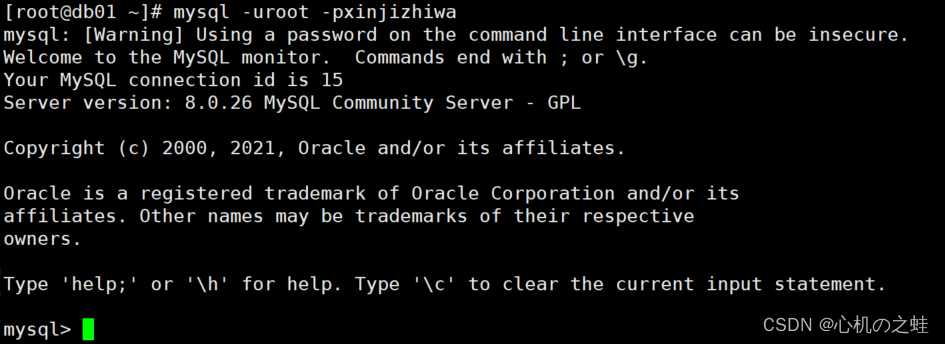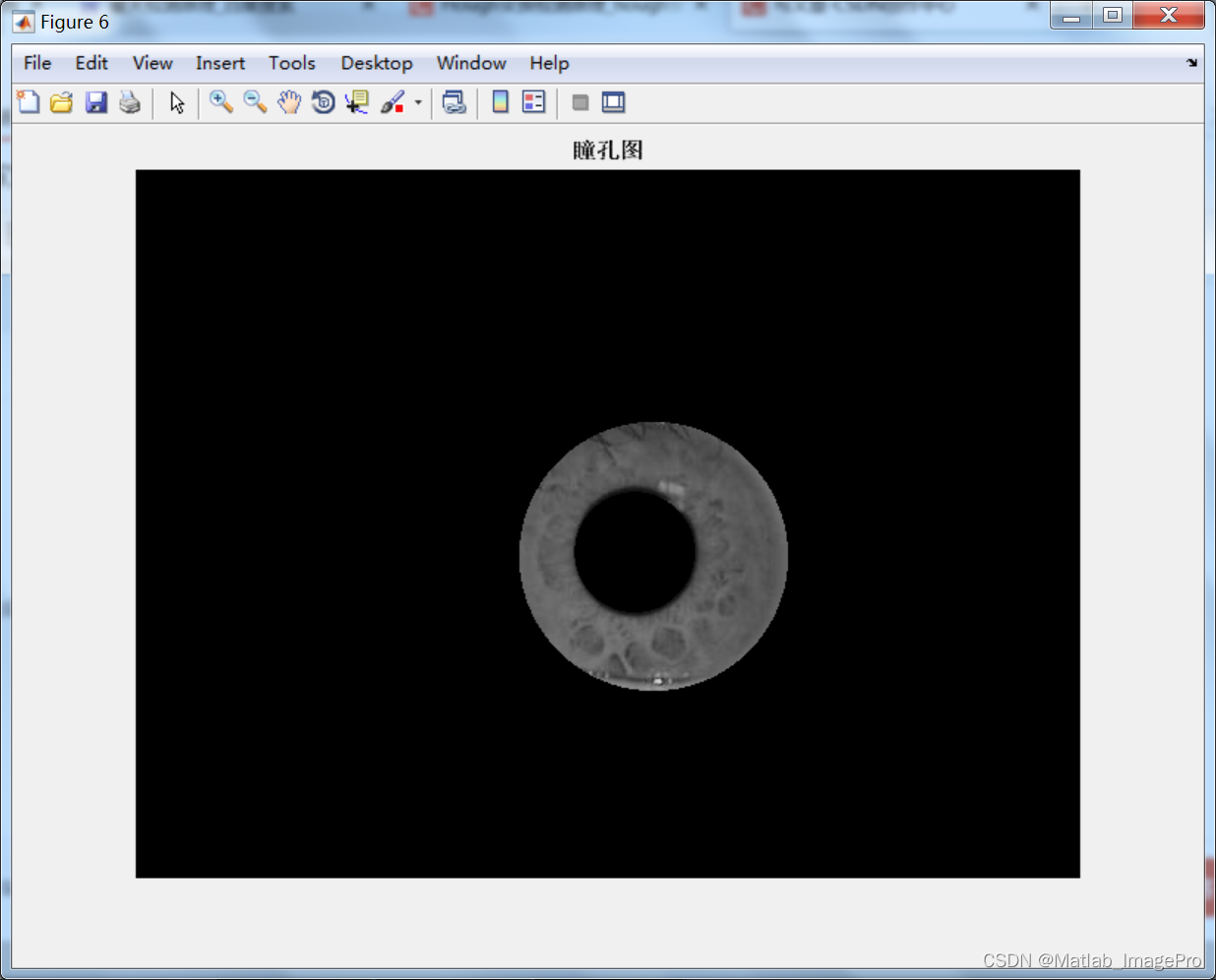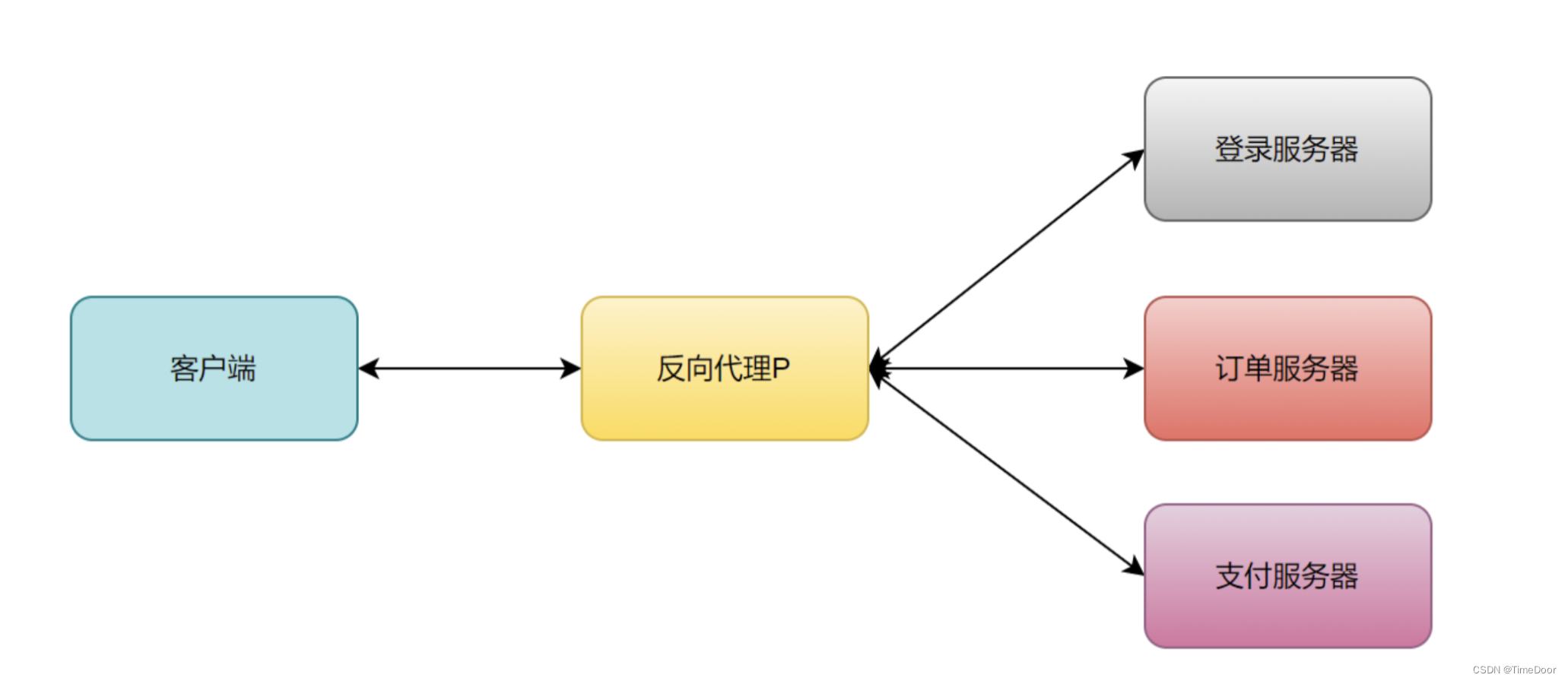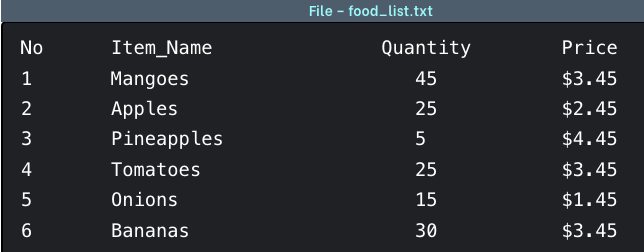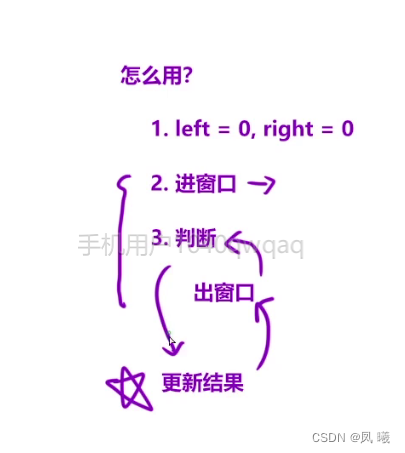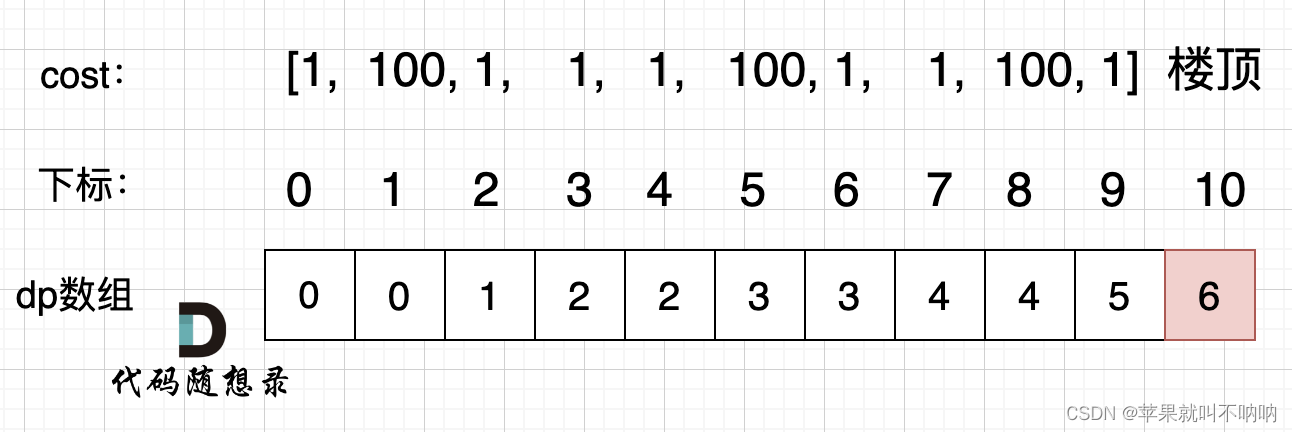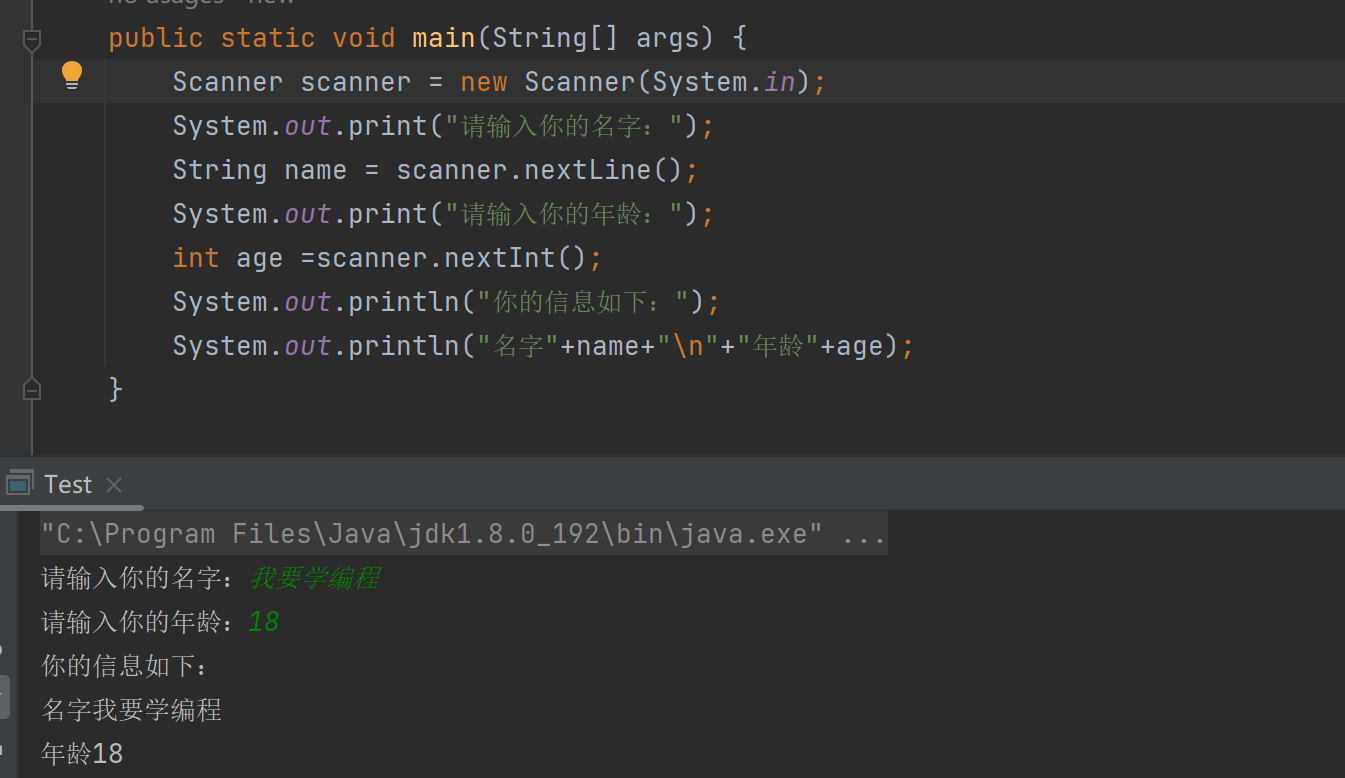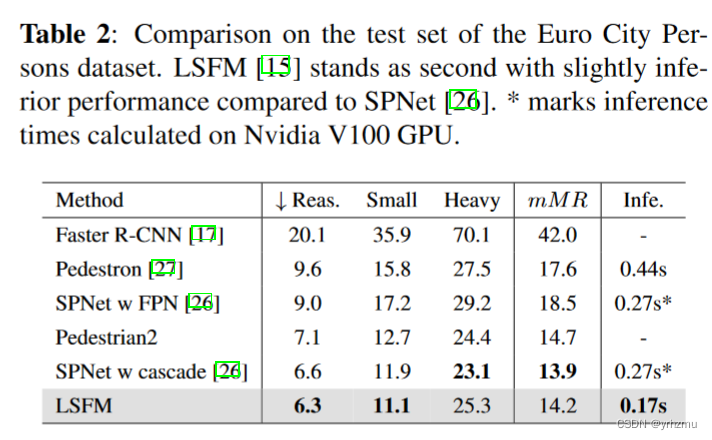
domain:ipv4 还是ipv6
type:面向字节流还是...
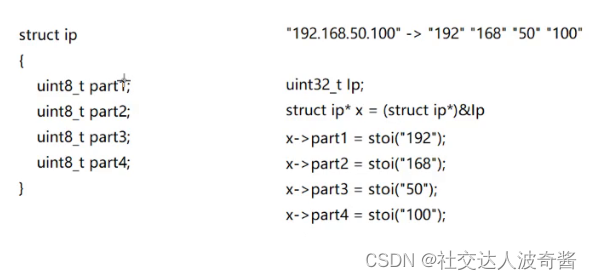

虚拟机
云服务器禁止直接bind公网ip
服务器可以有多个ip,如果只绑定一个ip,只能收到来自一个ip的信息
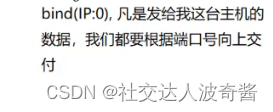
任意地址绑定

关于port的问题
[0,1024]:系统内定的端口号,一般要用固定的应用层协议,http:80 err string : Permission denied
网络通信时,顾客端通信往往要指定端口号,一般ip地址和端口号会被封装成网站的形式

UdpClient.cc
#include <iostream>
#include <cstdlib>
#include <unistd.h>
#include <strings.h>
#include <sys/types.h>
#include <sys/socket.h>
#include <netinet/in.h>
#include <arpa/inet.h>
using namespace std;
void Usage(std::string proc)
{
std::cout << "\n\rUsage: " << proc << " serverip serverport\n"
<< std::endl;
}
// int argc表参数数量, argv是参数内容
int main(int argc,char* argv[])
{
if(argc!=3)
{
Usage(argv[0]);
exit(0);
}
// 获取目标ip
std::string serverip=argv[1];
uint16_t serverport=std::stoi(argv[2]);
struct sockaddr_in server;
//将server的内容置空
bzero(&server,sizeof(server));
//套间字类型
server.sin_family=AF_INET;
//端口
server.sin_port=htons(serverport);
//ip地址
server.sin_addr.s_addr=inet_addr(serverip.c_str());
socklen_t len=sizeof(server);
//SOCK_DGRAM 表示 udp ,AF_INET 表示网落通信
// 像是创建网卡文件返回文件的描述符
int sockfd=socket(AF_INET,SOCK_DGRAM,0);
if(sockfd<0)
{
cout<<"socker error"<<endl;
return 1;
}
// client 也要绑定,有自己的ip和端口
// 不需要自己绑定,让os自由随机选择
//系统什么时候绑定的? 首次发送数据时
string message;
char buffer[1024];
while(true)
{
cout<<"Please Enter@";
std::getline(cin,message);
std::cout<<"client sent message: "<<message.c_str()<<std::endl;
//从网卡文件中发送信息
sendto(sockfd, message.c_str(), message.size(), 0, (struct sockaddr *)&server, len);
// 从网卡文件中获取信息
struct sockaddr_in temp;
socklen_t len = sizeof(temp);
ssize_t s = recvfrom(sockfd, buffer, 1023, 0, (struct sockaddr*)&temp, &len);
if(s > 0)
{
buffer[s] = 0;
cout << buffer << endl;
}
}
close(sockfd);
return 0;
}udpServer.hpp
#pragma once
#include<iostream>
#include<sys/types.h>
#include<sys/socket.h>
#include<cstdlib>
#include<string.h>
#include<netinet/in.h>
#include<arpa/inet.h>
#include <functional>
#include<unistd.h>
// using func_t = std::function<std::string(const std::string&)>;
typedef std::function<std::string(const std::string&)> func_t;
uint16_t defaultport=8089;
std::string defaultip="0.0.0.0";
#define Size 1024
class UdpServer
{
public:
UdpServer(const uint16_t &port=defaultport,const std::string &ip=defaultip)
:sockfd_(0)
,port_(port)
,ip_(ip)
,isrunning_(false)
{}
void Init()
{
//创建网络文件
sockfd_=socket(AF_INET,SOCK_DGRAM,0);
if(sockfd_<0)
{
printf("socket creaate error");
exit(1);
}
// bind socket 绑定网络文件
struct sockaddr_in local;
bzero(&local,sizeof(local));
local.sin_family=AF_INET;//表明网络类型
local.sin_port=htons(port_); //端口号是来回发送的 htons保证端口号是网络字节序列->大端
local.sin_addr.s_addr=inet_addr(ip_.c_str()); //string->uint32_t ip也是来回发送的 也要转为网络字节序列->大端
int n=bind(sockfd_,(const struct sockaddr *)&local,sizeof(local));
if(n<0)
{
printf("bind error");
}
}
void Run(func_t func)
{
isrunning_=true;
char inbuffer[Size];
while(isrunning_)
{
struct sockaddr_in client;
socklen_t len=sizeof(client);
//接收信息
ssize_t n=recvfrom(sockfd_,inbuffer,sizeof(inbuffer)-1,0,(struct sockaddr*)&client,&len);
if(n<0)
{
printf("recvfrom error");
}
inbuffer[n]=0;
std::cout<<"receive message: "<<inbuffer<<std::endl;
std::string echo_string = inbuffer;
// std::string echo_string = func(info);
sendto(sockfd_,echo_string.c_str(),echo_string.size(),0,(const sockaddr*)&client,len);
}
}
~UdpServer()
{
if(sockfd_>0) close(sockfd_);
}
private:
int sockfd_; //网络文件描述符
uint16_t port_; //服务器端口号
std::string ip_;
bool isrunning_;
};

![[数据结构初阶]二叉树](https://img-blog.csdnimg.cn/direct/22cb2bf72c0147a4ba35ccb80fefea88.png)
